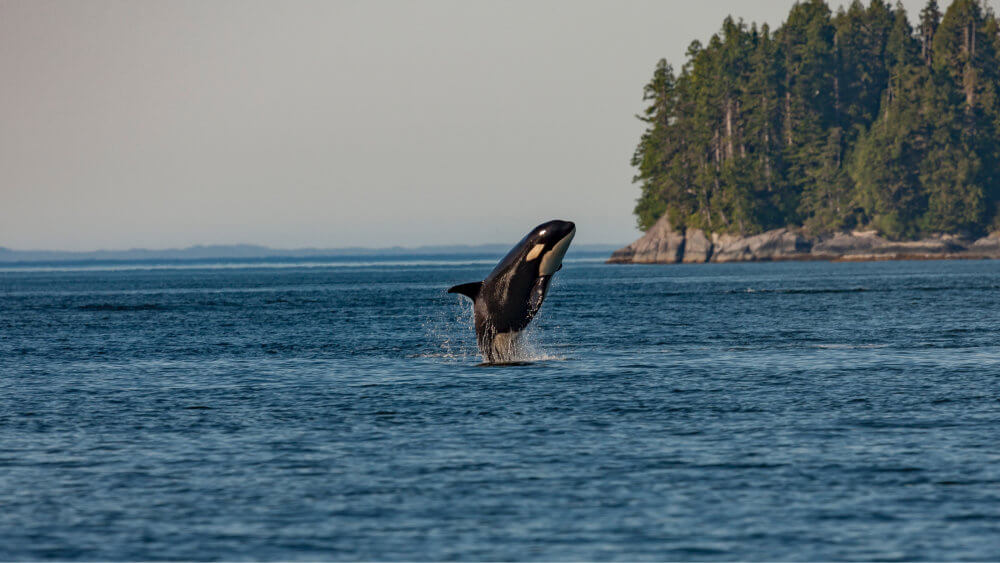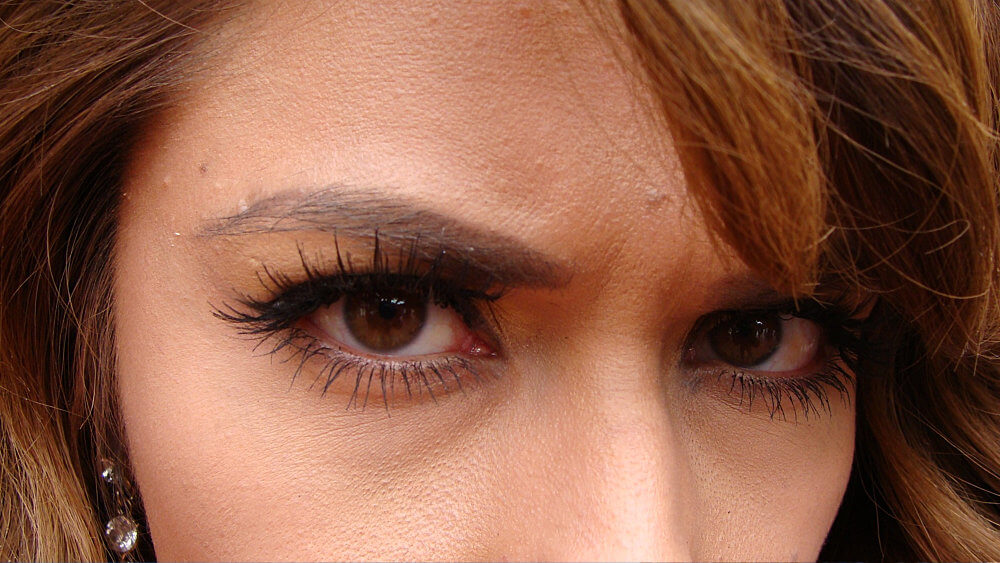In the realm of modal and semi-modal verbs, there exists an overlooked gem: dare. While many language learners focus on popular modal verbs like can, may, and should, the significance of dare tends to be neglected. Now, we will delve into the remarkable nature of dare as a semi-modal verb and its various forms, shedding light on its usage, grammar rules, and unique expressions.
Dare means to have the courage to take a risk that can lead to trouble or danger.
- The pilot doesn’t dare fly into the enemy’s airspace.

Dare: A main verb
Dare follows the same grammar rules as main verbs. The infinitive with or without to is placed after dare.
Affirmative
Dare can be used more freely in the affirmative form when it is not a modal verb.
- The cinematographer dares to film the killer whale from a short distance
- The cinematographer dares film the killer whale from a short distance.

Negative
- The photographer uses a long lens to take photographs. He doesn’t dare go near the lion.
- He doesn’t dare to go near the lion.

Questions
- The lake is quite icy. Does anyone dare to swim in it?
- Does anyone dare swim in it?
Dare is a regular verb in the past.
- I can’t believe Greg dared to publish my article under his name.
Dare: A modal verb
Dare can be used as a modal verb with the same sentence structures as can and may. This use is unusual in American English.
Affirmative
Dare, as a modal verb, is usually used in the affirmative with if, negative adverbs or negative subjects.
- If you dare touch me again, I will slap you. (If is used in this sentence.)
- James never dare break the rules. (Never is a negative adverb.)
- Nobody dare question the CEO’s decision. (Nobody is a negative subject.)
Negative
- Michael dare not be rude to her again.
- Michael daren’t be rude to her again. (Contracted form)
Questions
- The lake is quite icy. Dare anyone swim in it?

Dare is often used with would to imagine what someone brave enough to do.
- I wouldn’t dare go inside that run-down building.
- Would you dare climb that mountain?
"Dare" used in expressions
To dare someone (to do something) is to challenge them to be courageous to take a risk that can lead to trouble or danger. The to-infinitive is used in this expression.
- I dare you to jump.
- C’mon. I dare you.
How dare you is used to show anger. Only the infinitive without to can be used in this expression.
- How dare you insult me!
We can also say, “how dare you!” without another verb.
- You drank all my champagne! How dare you!
Don’t you dare is an expression used to warn someone not to do something.
- Don’t you dare touch me!

Learn more about "Dare."
Don't miss out on the chance to enhance your understanding by enrolling in either of the two comprehensive courses, "Modal and Semi-Modal Verbs and Expressions" or "Modality."
Check out the Syllabus for each course:
We hope you have enjoyed this article. Please feel free to comment below. Thank you for reading this article and visiting our website.
